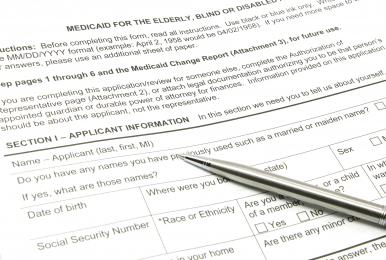
De-implementation of Low Value Care: A Tool to Create Clinician Energy for Targeted Interventions
Delivery System Science Fellow and AcademyHealth member Audrey Johnson offers a perspective on the impact of constant changes in the health care system, best practices for de-implementation, and harnessing clinician’s knowledge to target evidence-based interventions.






